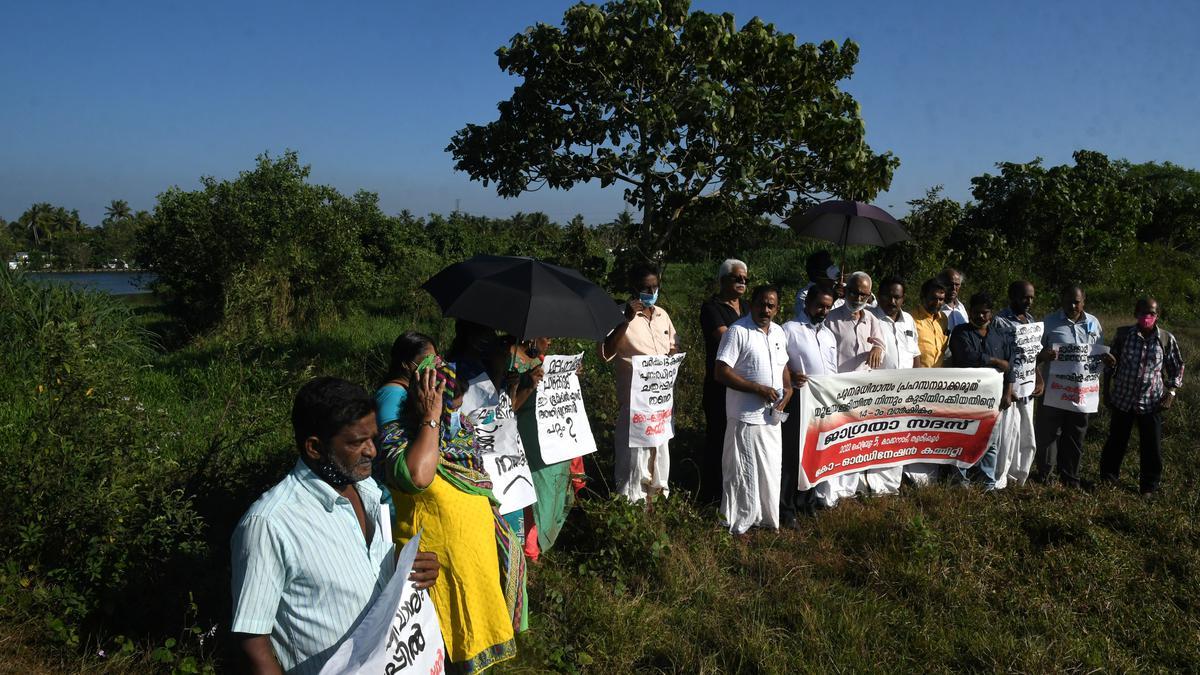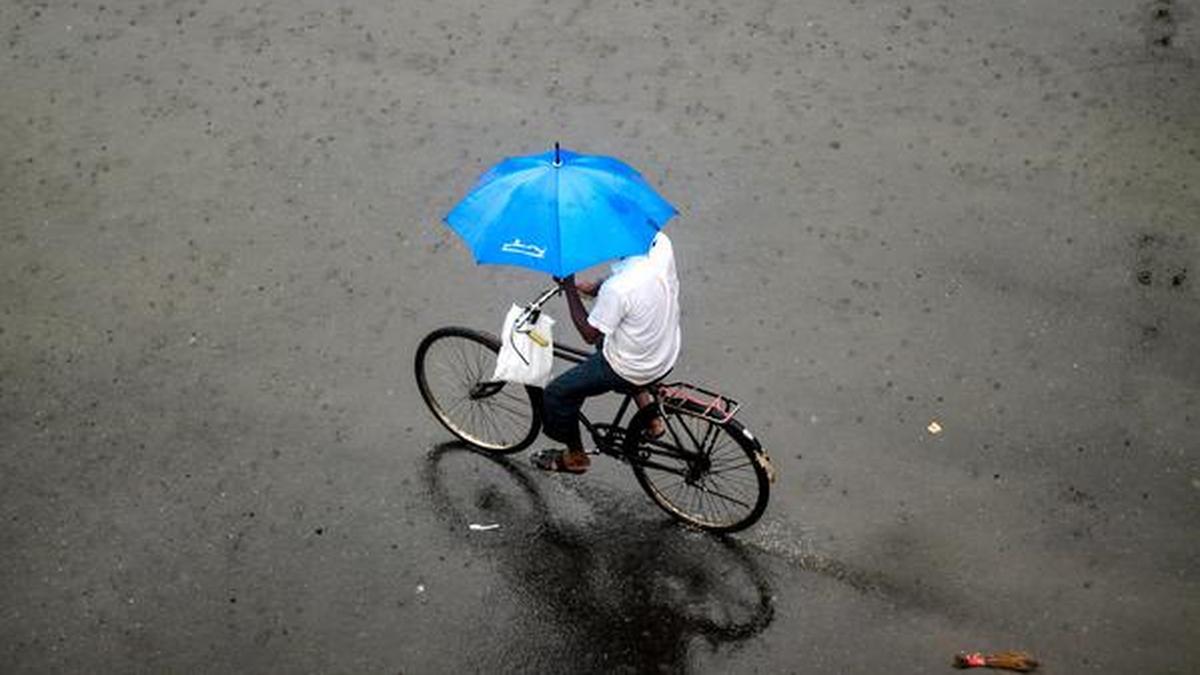Now Reading: Moolampilly Rehabilitation: Steps Planned for Site Stabilization
-
01
Moolampilly Rehabilitation: Steps Planned for Site Stabilization
Moolampilly Rehabilitation: Steps Planned for Site Stabilization

Quick Summary
- Rehabilitation Site Proposal:
– Consideration is underway to use soil dredged by the Cochin Port Authority (CPA), currently dumped in the sea, to fill rehabilitation plots at Indira Nagar in Thuthiyoor near Kakkanad for families evicted due to road and rail connectivity projects linked to Vallarpadam International Container Transshipment Terminal.
– The rehabilitation site at Indira Nagar spans 7.5 acres and includes 114 plots. Pumping dredged soil here would be cost-effective due to proximity to Kadamprayar shore,unlike Adarsh Nagar’s 56 plots which are further away.
- Cost Estimates:
– Original filling costs for Adarsh Nagar were ₹50 lakh; revised cost from officials is now pegged at ₹1.02 crore.
- Upcoming Meeting:
– The Moolamppilly Rehabilitation Package Monitoring Committee will meet on August 22 to decide stabilization strategies for both sites. CPA representatives will attend.
- concerns Raised:
– Evictees expressed frustration over marshy land conditions and highlighted “unscrupulous attempts” by real estate agents exploiting their circumstances. A placard advertising sale of plots was removed following intervention.
- Evictee Cards Issue:
– District governance has shown willingness to issue photo-affixed evictee cards but reservations persist regarding deceased individuals among the evicted families (36 out of an overall group of 316).
Indian Opinion Analysis
The challenges faced by displaced families in Thuthiyoor highlight ongoing gaps in India’s approach toward rehabilitation post-infrastructure advancement projects. Using dredged soil from Cochin Port Authority presents a possibly pragmatic solution for stabilizing marshy land at Indira Nagar but raises logistical and cost concerns for other areas like Adarsh nagar.Achieving consensus among stakeholders-including local administration, CPA officials, and coordination committees-will determine whether this proposal can be implemented successfully.
The larger issue of frustrative displacement without adequate readiness underscores weaknesses in systematic urban planning frameworks-especially concerning long-term resettlement efforts aligning with India’s infrastructural growth goals. Allegations regarding exploitation by real estate agents point towards governance challenges in safeguarding vulnerable populations during such periods of transition.Issuing standardized evictee cards could help formalize claims and reduce ambiguity about entitlements while creating accountability mechanisms tied directly to individual displaced households-a step that might alleviate frustrations among affected parties if carried out efficiently.
























